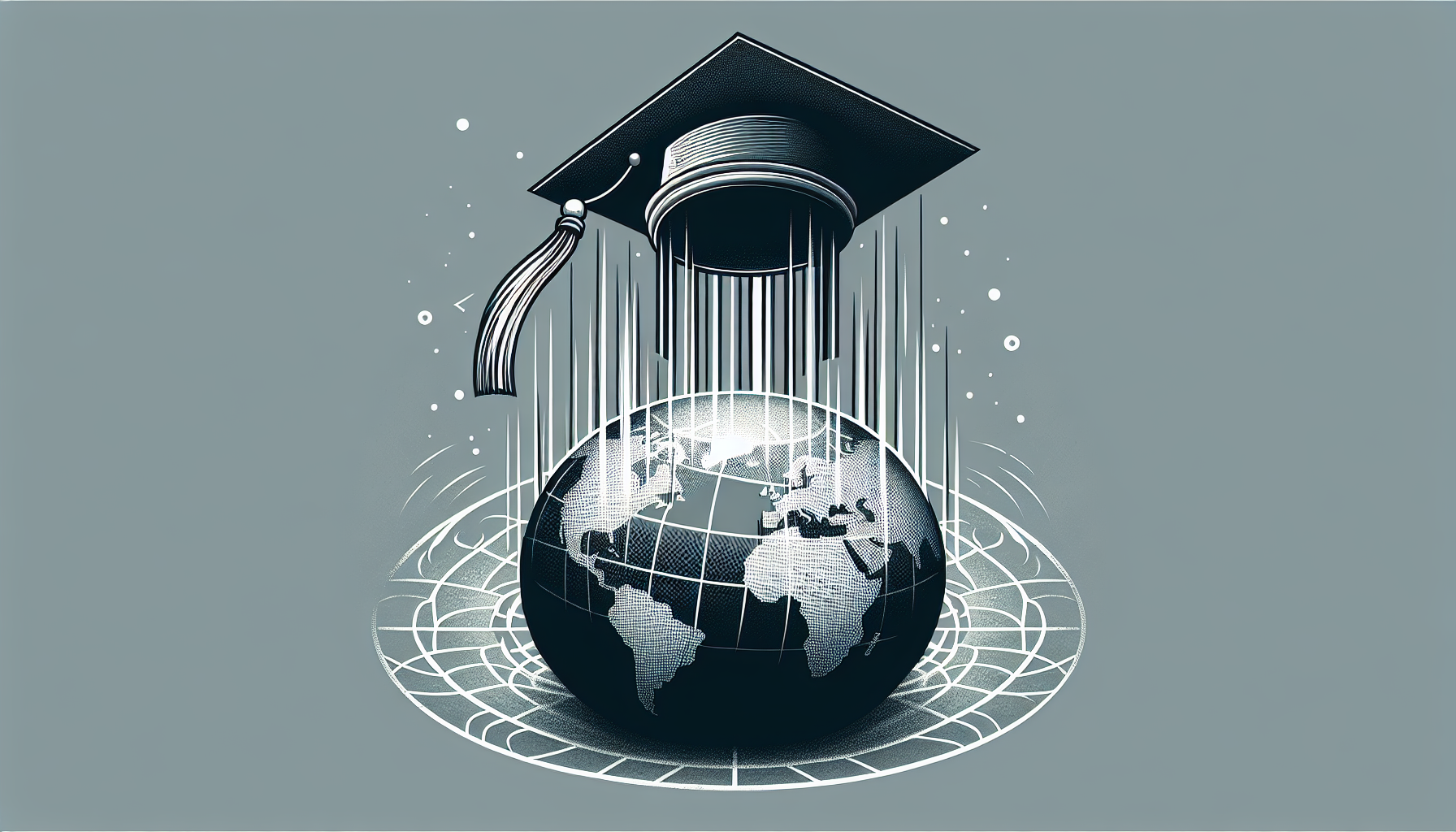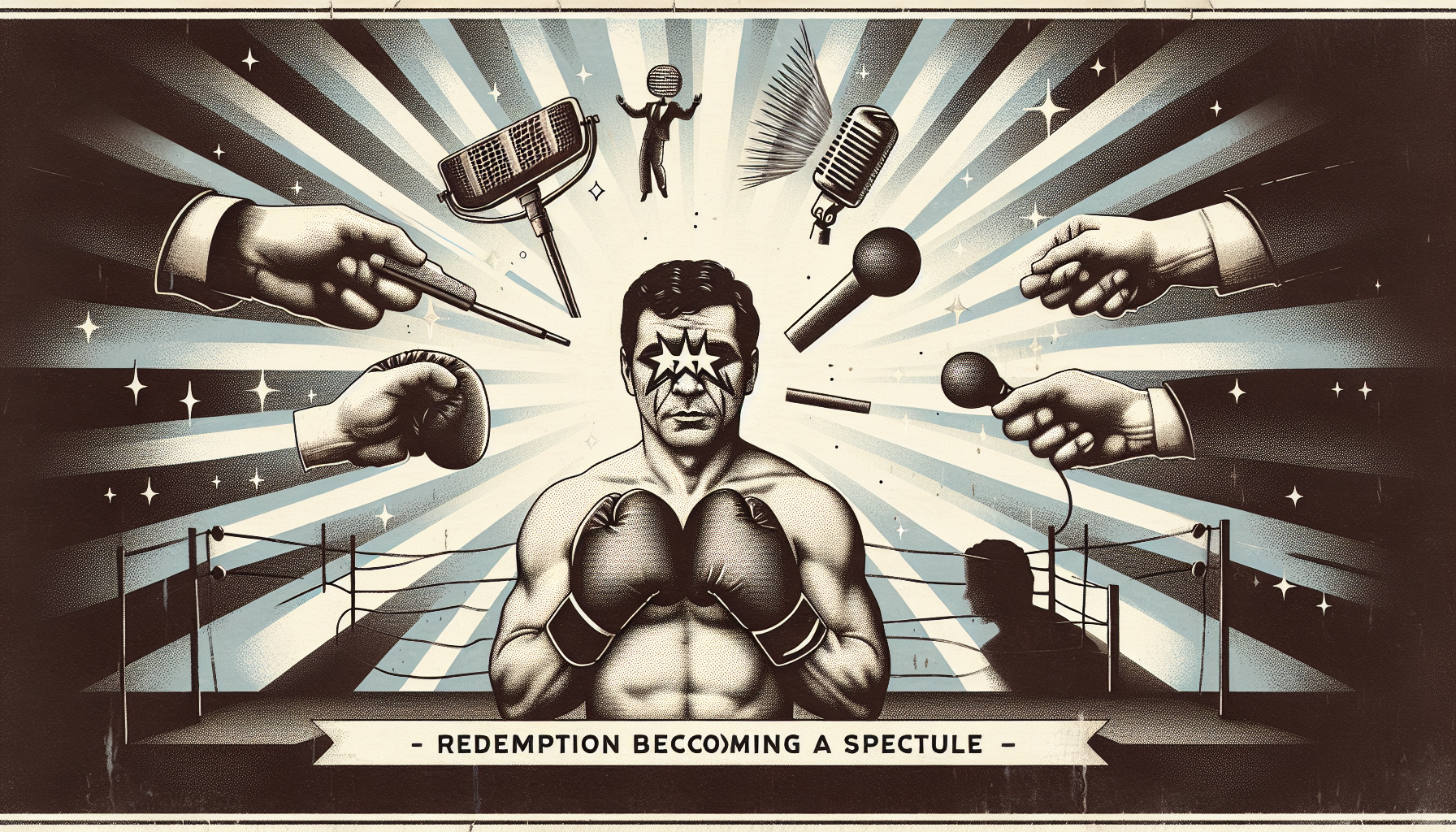Title: The Guilty Plea Heard Around the World: Bryan Kohberger’s Case and the Shadows It Casts
Dear readers,
Inside the courthouse, far removed from the ivory towers of academia, a plea broke the stoic silence expected from legal proceedings. It wasn't just any courtroom declaration—it was Bryan Kohberger admitting to the unthinkable: the murder of four young Idaho students. In a world saturated with grim headlines, why does this particular admission provoke such profound reflection?
Let’s delve into the intricacies of this chilling tale.
The Unraveling of a Scholar
Bryan Kohberger, once a promising PhD criminology student, has become a name synonymous with a chilling narrative—the murders that shook a small Idaho college town to its core. On a July day of 2025, against the backdrop of solemnity that courtrooms demand, Kohberger's guilty plea resonated, revealing the fragility of human morality cloaked in academic ambition.
The victims—Kaylee Goncalves, Ethan Chapin, Xana Kernodle, and Madison Mogen—were more than mere names in a case file. They were bright lights in the prime of youth, extinguished in a cruel act of violence that offers no tidy answers, raising questions that echo beyond the courtroom.
Judgment and Its Aftermath
Judge Steven Hippler, unwavering amidst a storm of public opinion, received numerous attempts to sway his decision. His response was simple yet profound: justice, unswayed by external pressures, would prevail. Kohberger, once defiant, now stood acquiescent before the charges that assure his lifetime incarceration.
This plea deal circumvents a trial process that could have unraveled more of the enigma surrounding Kohberger’s motives. It avoids the theater of potential speculative narrative and instead accepts a stark reality—a community seeking closure, albeit with gaps in understanding.
A Divided Response
The courtroom atmosphere thickened as victim names were solemnly read, drawing emotions from the audience—except Kohberger, who remained impassive, his acknowledgment lacking the redemption sought by grieving families. In the aftermath, the families' split sentiments reveal society’s struggle between the thirst for retributive justice and the desire for healing through finality.
Steve Goncalves, father to Kaylee, voiced his disillusionment, viewing the plea as a “deal with the devil,” longing for an absolute confession that eludes them. Contrast this with Madison Mogen’s family, who finds solace in the closure the plea offers, spotlighting the deeply personal nature of grief and its manifold paths.
The Cultural Resonance
Much like the global impact of trials which pull public consciousness into intense focus—arguably reminiscent of cases like O.J. Simpson or Amanda Knox—Kohberger’s plea captivates interest not solely due to its gruesomeness, but for its deeper societal resonances. The haunting questions about trust, safety, and the facades we construct—whether in ivory towers or home corridors—persist beyond this verdict.
In a time where public figures and ordinary citizens alike grapple with transparency and moral complexities, Kohberger’s case starkly reminds us of the shadows that lurk behind human intention and the delicate balance of justice.
A Community’s Process Forward
As Moscow, Idaho, and indeed the world at large, absorb the reverberations of Kohberger's admission, what lessons manifest? It is perhaps in the solidarity of a community rebuilding, in conversations about campus safety, and in the quiet spaces where healing begins, that we find our way forward.
Until we meet again to ponder these intersections of humanity and law,
Yours in contemplation,
A Watcher of Wheels and Turmoil

